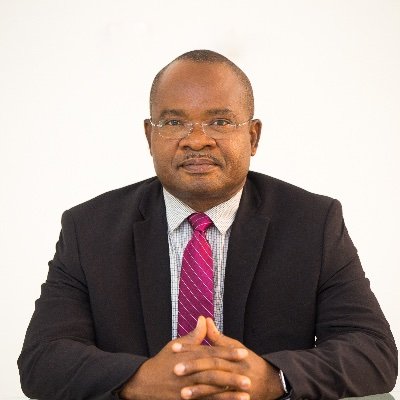The Political and Legal Advocacy Center (PLAC) launched a report on inclusion in Nigeria’s elections, offering ways to improve the participation of marginalized groups in politics ahead of the 2023 elections.
Mr. Clement Nwankwo, Executive Director, PLAC made this known on Thursday in Abuja, at a Roundtable on Inclusive Elections and the presentation of a study on the topic in Nigeria.
According to Nwankwo, the step is necessary because Nigeria is suffering from a decline in civic participation in elections, with women, youth and people with disabilities (PWD) being the most affected.
He said that the Civil Society Organization (CSO) convened the National Roundtable on Inclusive Elections to develop a shared understanding of the problem of declining civic engagement in Nigeria.
According to him, it is also to agree on best practices for inclusive elections, ahead of the 2023 General Elections.
“I believe that we all have to capture everyone so that no one is outside governance; a real system is that search for inclusion.
“There is a lot to do, this has been a very long fight for many of us, unfortunately the country has taken too long to catch up with the rest of the world in terms of inclusive participation in politics.
“So I think it’s about time we all work to increase and improve participation from all segments of society as we move toward the 2023 election.
“The rest of the world has left us behind, women, young people, people with disabilities have a lot at stake in all elections.
“So this election is not one where we should all sit back and watch, I think it’s the election where we should all feel very concerned about the direction the country is going.”
Nwankwo urged all stakeholders to work to bring Nigeria from where it was to a place where everyone would indulge in politics.
Mr. Dayo Olaide, Deputy Director of the MacArthur Foundation, also spoke at the event.
He said that it was important that the laws work and work for the people, to provide for the real participation of people with disabilities as provided.
“We need to keep pushing, to push that they too be recognized and given the proper place for equal participation, representation and democratic processes.
“`Since the electoral administration has the responsibility to organize, conduct elections, be transparent and accountable, we all have an important role in monitoring these laws to ensure that these provisions are implemented.
“There are various meetings on strategizing on how to ensure that the National Assembly reviews gender bills, we need to partner with them to also ensure that the bills that the Senate has passed we can get the House to do what same”.
Mr. Collins Ogbu, a member of the research team, introducing the report said that the trend of exclusive political participation in Nigeria could be reversed with deliberate action.
Ogbu said that the participation of all citizens in formal political processes is essential for democracy and electoral management bodies.
He said that stakeholders have a crucial role to play in empowering marginalized people to participate in political processes.
Ogbu said Nigeria’s elections still exclude significant proportions of the population, including women, youth and people with disabilities.
He said that the level of women’s participation in government, for example, was low.
In the 2019 elections, the number of women elected in the National Assembly decreased from 22 to 13 in the House of Representatives.
“This paper is a genuine attempt to examine the efforts of electoral stakeholders towards better electoral administration and the consolidation of the democratic process in Nigeria.
“A central objective of the study is to promote social inclusion and citizen awareness of the electoral process.
“It cannot be denied that the benefits of involving all individuals and CSOs in the policy-making process, policy development and inclusion-oriented effort will reflect the aspirations of citizens.
“One of the main ways to do this is to enable inclusive electoral processes that will have a fundamental impact on the quality of participation of women, people with disabilities and internally displaced people.”
Ogbu highlighted the need for the government to partner with CSOs to connect with citizens and stakeholders to promote inclusive political participation and representation.
He said the study also called for more support for special measures to include more women and people with disabilities in political parties and the Nigerian legislature, and increase political participation.
Ogbu called for the development of a legal and political framework that ensures the inclusion of marginalized groups in the electoral process.
He said that CSOs should continue to provide technical assistance to government agencies on the implementation of global best practices.
Ogbu said it was necessary for INEC to create a flexible data management system for the many IDPs in crisis states to avoid their exclusion from politics.
He said the study urged INEC to make assistive devices for PWDs available in voting units and train their staff to use them.
Ogbu said there should be sanctions when staff don’t use them.
He said the study also recommended that the National Assembly should increase its oversight responsibility to ensure that funds budgeted for inclusive elections are used properly, among others. NAN


